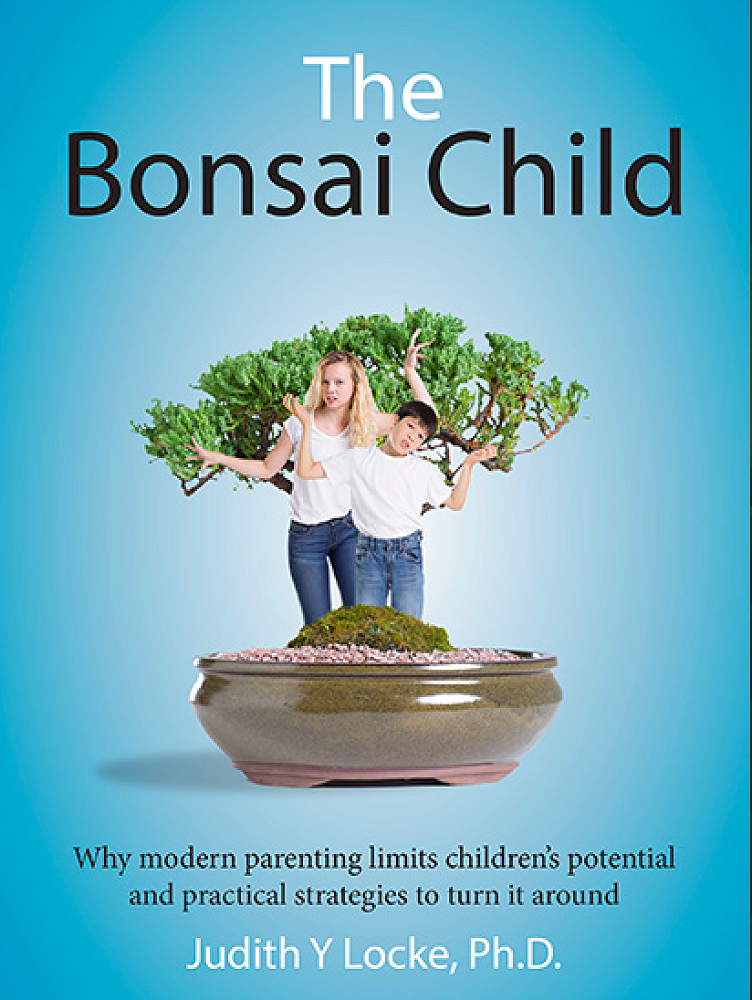
Praise Effort - Praise Result
As parents and kaiako (teachers) we regularly praise our ākonga (young people) and that’s a good thing. Praise has many benefits, such as encouraging children to behave appropriately, and helping them feel good about themselves.This doesn’t mean that all praise is necessarily beneficial and Dr Judith Lock (Clinical Psychologist and author of the Bonsai Child) has some great tips!
Praise effort rather than performance. Research shows that praising effort is much better than praising their results. This keeps them putting effort in. If they are only aiming to be told they did something perfectly then they won’t try tricky things and only do the activities in which they will excel at immediately.
Effort doesn’t always guarantee achievement. When some of my students are told they did not do something correctly, they sometimes reply by pointing out the effort they put in — as if that will make me change my evaluation of them. Effort in the wrong direction is still incorrect, regardless of how much time you have spent. So, watch that your praise for their labours doesn’t give them the wrong idea that that high effort always equals high achievement.
Praise shouldn’t be excessive. Praise can easily become pressure or build expectations if it is superlative, particularly if it’s in the form of pre-event reassurance. “Don’t worry, you will do well on the test” makes them feel even worse if they find it somewhat challenging. Never be definitive on what will happen — you have no crystal ball.
Praise isn’t the only form of encouragement. If your child is not doing so well in their first attempt, then you don’t need to gush. Sometimes normalising struggle is more encouraging. “Swimming takes everyone a long time to get right. You can’t expect to get it the first time”. If they are anxious, note how this is a common reaction, rather than reacting as if nerves are unusual, “Lots of people get nervous about exams”.
Feedback needs to be somewhat truthful. I understand why you want to build your child up and sometimes you can bump up the truth a little. But your child needs to know their true abilities at some point, or they will plan a career that is not realistic according to their skills. Loving parenting is accepting them for who they are and teaching them to accept their weaknesses as well as their strengths.
Praise shouldn’t be given every single time. Carol Dweck talks about the fact that you cannot praise your child into permanent good self-esteem. Indeed, overdoing praise may make them completely dependent on regular reassurance. This makes their well-being reliant on others’ approval, which weakens them if it’s not given as often as they want. Your child should not expect to be always applauded and be able to cope when they don’t get told what they’d like to hear.
You have to offer occasional constructive criticism. Recently, I notice many young people don’t cope when told things they need to improve. Some become extremely emotional and focus far more on their feelings than listening to the suggestions offered, which means they don’t hear what they need to do to progress. Your child needs to learn to embrace occasional negative feedback as an opportunity to do better and not as a blow to their ego.
Do compliment your child, but make sure the currency of praise retains its high value in your home. It will be a savvy investment that brings the best returns.
Takeaway for parents:
- Over time, stop judging their performance and let them start evaluating their own. If your child asks you what you thought of their performance, ask them what they thought first.
- Start to introduce some constructive criticism to get them used to it.
- If your child doesn’t cope with criticism, then it doesn’t always mean they have low self-esteem. it might mean their well-being is flimsily built on regular praise. In this instance, praising them more will not help. The solution lies in them learning to become comfortable with all feedback — not just the nice stuff.
You can read more from Judith Locke here.